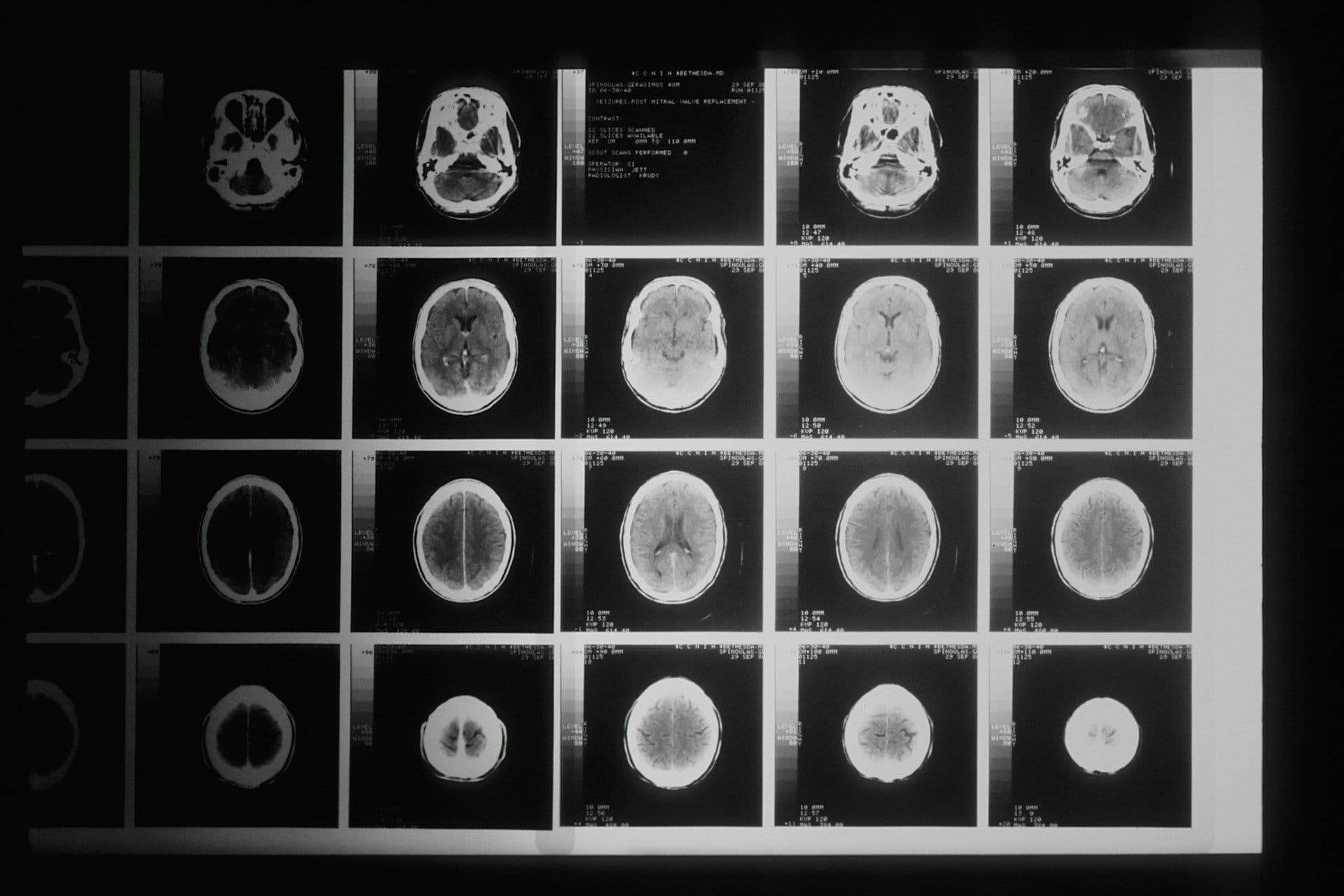
Brain Injury Lawyer in Phoenix

A severe blow or jolt to the head can quickly alter every aspect of your life, from daily routines to long-term career plans. In Phoenix, accidents such as vehicle collisions, falls, or workplace mishaps often result in traumatic brain injuries (TBIs). These injuries are not only physically painful but can also strain family and personal relationships. If you or a loved one is grappling with the aftermath of a brain injury, understanding your legal rights may help you secure vital resources for ongoing medical care, rehabilitation, and emotional support.
Below, learn about common causes of brain injuries, their potential effects, and how partnering with a lawyer experienced in brain injury claims can promote better outcomes. While this content offers foundational insights, more personalized advice might be necessary based on your specific circumstances. A direct consultation can yield answers tailored to your individual needs.
Understanding Brain Injuries and Their Consequences
A traumatic brain injury typically arises from a sudden impact or penetration that disrupts normal brain function. The severity of these injuries can vary, with some individuals experiencing temporary symptoms while others face lifelong challenges.
Common examples of brain injuries include:
- Concussions: Often associated with brief unconsciousness or confusion, but repeated concussions can accumulate serious effects
- Contusions: Bruising of the brain tissue from direct impact against the skull
- Diffuse Axonal Injuries: Widespread tearing of nerve fibers caused by vigorous shaking or rotational forces
- Penetrating Injuries: Foreign objects breaking through the skull and damaging brain tissue
According to the Centers for Disease Control and Prevention (CDC), TBI can negatively affect memory, coordination, and behavior. Victims might lose the ability to complete tasks they once found straightforward, requiring extensive rehabilitation to regain basic skills.
For a free legal consultation with a Personal Injury lawyer serving Phoenix, call 844-343-9609
Frequent Causes of TBI in Phoenix
- Motor Vehicle Collisions
Cars, trucks, and motorcycles traveling at high speeds can generate intense forces on impact. Abrupt stops or being thrown from a vehicle cause the brain to crash against the skull. Distracted, impaired, or aggressive driving behaviors further elevate the chance of severe harm. - Slip and Falls
Slick floors, uneven walkways, or missing handrails in public and private spaces often contribute to falls. Hitting the head on concrete, tile, or other hard surfaces can produce brain trauma. Older adults and individuals with mobility issues face heightened risks in such scenarios. - Workplace Incidents
On-the-job accidents may involve falling objects, poorly secured scaffolding, or machinery malfunctions. Construction, manufacturing, and warehouse employees are particularly vulnerable to strikes against the head or abrupt jolts leading to TBI. - Sports or Recreational Mishaps
Football, hockey, skateboarding, and other high-impact sports bring repeated collisions or wipeouts. Inadequate protective gear or oversight, combined with high-speed contact, raises the likelihood of concussions. - Violent Encounters
Physical assaults, gunshot wounds, or other forceful interactions sometimes result in penetrating brain injuries. Even a single blow to the head can induce lasting neurological complications.
The National Institute of Neurological Disorders and Stroke (NINDS) emphasizes that timely, specialized intervention can mitigate injury severity. However, recovering from a TBI often demands substantial resources, including medical specialists, physical or cognitive therapies, and supportive services.
Personal Injury Lawyer Near Me 844-343-9609
Daily Challenges Following a Brain Injury
Even what appears to be a mild head injury can trigger wide-ranging complications. Among the difficulties TBI survivors and their families face are:
- Cognitive Struggles
- Reduced ability to focus on tasks or remember key information
- Slowed processing speed and difficulty in multitasking
- Emotional and Behavioral Changes
- Irritability, mood swings, anxiety, or depression
- Challenges in controlling impulses or understanding social cues
- Physical Limitations
- Persistent headaches, dizziness, blurred vision, or fatigue
- Problems with balance or coordination, complicating everyday movement
- Communication Barriers
- Difficulty in speech formulation or word retrieval
- Trouble with reading comprehension or writing
- Work and Social Impact
- Potential job loss or reduced hours due to cognitive or physical impairments
- Strain on personal relationships and activities previously enjoyed
Families often juggle new caregiving roles or modifications at home, and medical expenses for TBI recovery can quickly become overwhelming. Seeking compensation through legal means may help ease the financial pressure, offering greater flexibility to focus on healing and adaptation.
Click to contact our personal injury lawyers today
Establishing Negligence in a Brain Injury Claim
Securing compensation for a TBI typically involves proving that another party’s negligence contributed to the event. The elements of a personal injury claim generally include:
- Duty of Care
- The responsible party (e.g., a driver, property owner, or employer) owed a certain standard of caution
- For instance, motorists must follow traffic signals, and premises owners should fix hazardous conditions
- Breach of Duty
- Evidence that they failed to uphold this standard, such as driving recklessly or ignoring safety guidelines
- Causation
- A direct link between the breach and your injury, ruling out unrelated factors
- Damages
- Documenting tangible harm, including hospital bills, lost wages, or intangible losses like emotional trauma
Methods for demonstrating fault vary. Accident reconstruction experts, medical professionals, and forensic specialists can all help build a robust argument. Thorough investigations and carefully organized evidence strengthen your claim and pave the way for a fair settlement.
Complete a Free Case Evaluation form now
Potential Damages in TBI Lawsuits
When a brain injury disrupts daily living, compensation can offset the burdens that otherwise fall on the injured person and their family. Such damages may include:
- Medical Expenses
- Hospitalization costs, surgeries, neurological treatments, prescription medications
- Long-term rehabilitation services like speech therapy, occupational therapy, or mental health counseling
- Lost Wages
- Earnings missed during immediate recovery phases
- Future income losses if TBI symptoms prevent returning to the same occupation
- Home Modifications
- Installing ramps, handrails, or adaptive technology to accommodate mobility or sensory needs
- Vehicle alterations for specialized driving assistance
- Emotional and Psychological Harm
- Compensation for ongoing stress, depression, or reduced quality of life
- Family members’ own challenges if they must provide extensive caregiving
- Pain and Suffering
- Chronic headaches, cognitive difficulties, or other persistent TBI effects
- Lost independence or social withdrawal from prior hobbies and commitments
By presenting comprehensive medical records, expert statements, and thorough financial documentation, your claim reflects the true costs and obstacles a TBI imposes. This approach helps insurers or courts accurately assess suitable compensation.
Why Work With a Brain Injury Lawyer in Phoenix
Managing a personal injury case alone can be time-consuming and stressful, particularly when your focus should be on health and stability. A lawyer well-versed in TBI cases can:
- Investigate the Incident
- Gathering collision reports, medical documentation, and witness testimonies
- Enlisting accident reconstruction or product liability experts, depending on the scenario
- Evaluate the Severity of Injuries
- Coordinating with neurologists, therapists, or vocational experts
- Outlining both short-term treatments and foreseeable lifelong effects
- Handle Insurance Negotiations
- Communicating with adjusters to prevent undervalued or denied claims
- Seeking a settlement that captures the full scope of your current and future losses
- Provide Litigation Support
- Filing a lawsuit if pretrial resolution attempts fail
- Presenting evidence strategically before a judge or jury to link negligence with your head injury
Such representation can free you from administrative burdens, ensuring your energies stay directed toward rehabilitation and regaining life balance.
Frequently Asked Questions
Can I receive compensation if I had a preexisting head injury and a new accident worsened it?
Yes. Victims with preexisting conditions can still pursue compensation if an accident caused further harm or aggravated symptoms. Detailed medical comparisons between your prior state and new complications can show the degree of worsening.
Is there a time limit for filing a TBI lawsuit in Phoenix?
Yes. Arizona law imposes strict deadlines for personal injury cases. Delaying action may risk losing your right to pursue damages. Consulting a lawyer soon after the incident helps confirm these timelines and secures vital evidence.
What if I was partly responsible for the accident leading to my TBI?
Arizona’s comparative fault rules allow partial compensation if multiple parties share blame. If a court finds you partially liable, any award might be proportionally reduced. However, you may still recover financial damages, so seeking legal advice remains beneficial.
When a brain injury strikes, the repercussions can alter your path indefinitely—medical issues, added caregiving, and emotional strain. Yet, you do not have to carry these burdens alone. A TBI-focused lawyer in Phoenix can help clarify responsibilities, secure vital evidence, and aggressively pursue compensation to lighten the load. By exploring your legal options, you take a positive step toward regaining control and ensuring your family has the support they need, both now and in the future.
For a free consultation, call 844-343-9609
Get an agent on the line in seconds
Responsive
Legal Assistance
Our personal injury attorneys advocate for the funds necessary to cover bills, secure medical treatment, recoup lost wages, and provide compensation for your pain and suffering.
Are you facing unfair treatment from the insurance company?
Do you know the value of your case?
Is the insurance company asserting that the accident is your responsibility?

We'll get back to you ASAP.
Get Your Free Consultation
You Pay Nothing Unless We Recover Compensation For You
